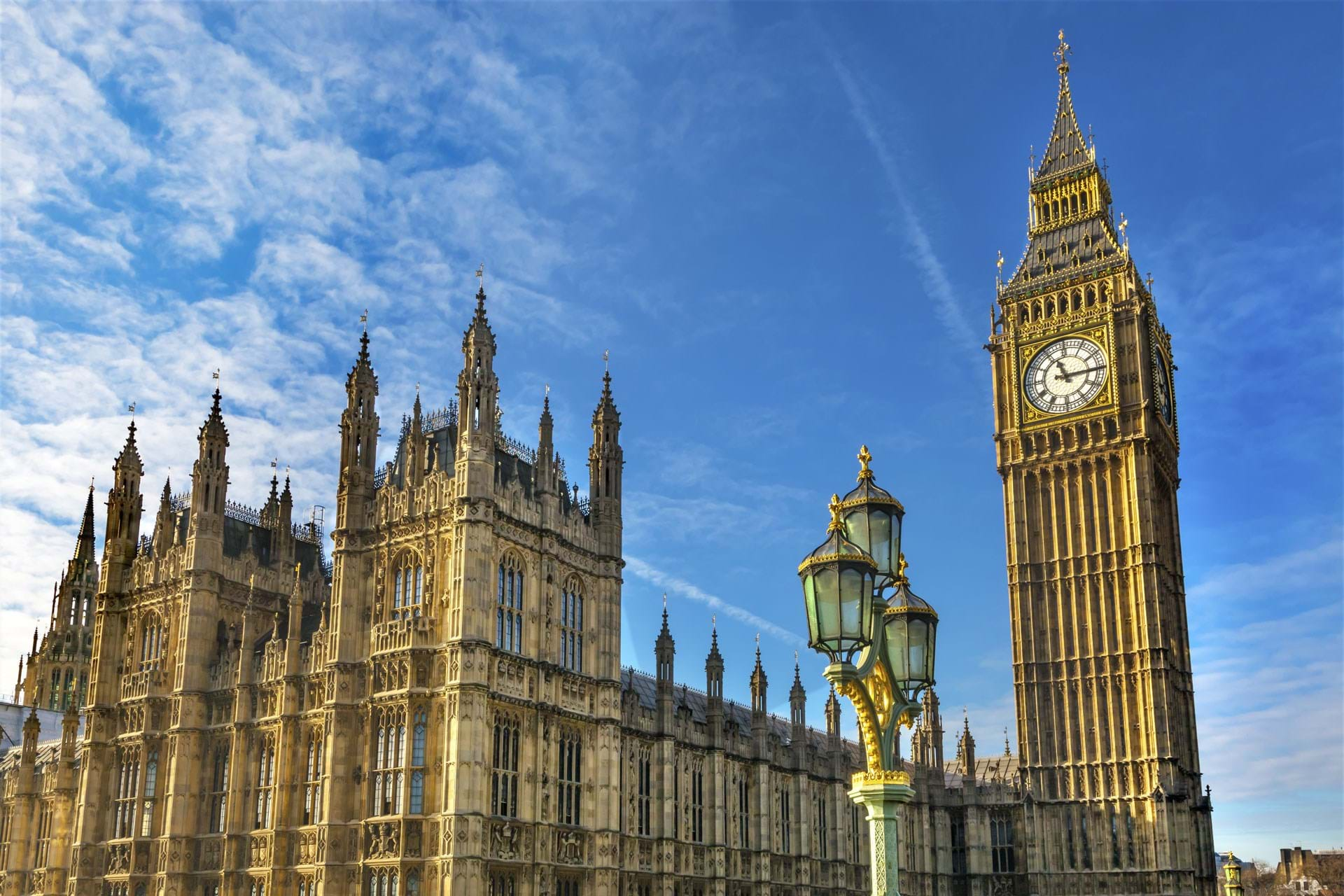UK report calls for rethink on carbon removal priorities to meet net zero

A MAJOR government-commissioned review has called for a strategic overhaul of how the UK prioritises greenhouse gas removal (GGR) technologies, urging a shift away from overreliance on biomass and a sharper focus on hard-to-abate sectors like aviation.
The nearly 200-page report, written by former MP Alan Whitehead following an official call for evidence, was commissioned by the Department of Energy Security and Net Zero (DESNZ) to evaluate the “bewildering array” of GGR methods.
In his foreword to the report, Whitehead said GGR “will be essential to offset those categories of carbon emissions that will still be far from zero” by 2050, the UK’s net-zero target date, “such as aviation, agriculture and heavy industries”.
Among its many recommendations, some of the most notable were to broaden the scope of aviation decarbonisation efforts and to reduce reliance on bioenergy with integrated carbon capture and storage (BECCS).
Flying high
Aviation is projected to be the UK's highest source of residual emissions by 2050, according to the Climate Change Committee’s seventh carbon budget. Despite this, emissions from the sector are unlikely to fall through reduced demand, with the government already approving new runways at Heathrow and Gatwick – its two largest airports.
Meanwhile, the report concedes that “constraining airport demand may be politically unpalatable”. A committee of MPs said today that airport expansion will only be conducive to net-zero goals if it is “accompanied by a serious strategic approach to increasing the pace of decarbonising aviation”.
Whitehead’s review recommended that the government establish a “net zero aviation mandate” that encourages both sustainable aviation fuel (SAF) uptake and emissions offsets through direct air carbon capture. The report also promoted the “polluter pays” principle, recommending that the aviation sector should be mandated to pay to offset their emissions.
Currently, the only legislation mandating the aviation industry to decarbonise is the SAF mandate, launched earlier this year, obliging airlines to use SAF for at least 10% of all flights by 2030. A net zero aviation mandate would broaden the scope of decarbonisation methods, allowing airlines to choose to use less SAF if they paid to offset the emissions through carbon capture.
Drax return
The report downplayed the role of BECCS – burning biomass for energy while capturing emissions – in achieving net zero, saying that “the output from BECCS is unlikely to make a huge contribution to meeting long-term clean power needs”. Based on current biomass output of 20–25 TWh per year, BECCS could supply no more than 4% of the UK’s projected 600 TWh electricity demand by 2040.
The report expressed scepticism about operating biomass-fired power stations without capturing their emissions, stating they are “only sensible if they are converted to BECCS”. This view aligns with energy minister Michael Shanks’ comments from February, when he announced plans to halve subsidies for the UK’s largest biomass plant, Drax, declaring that unabated biomass “is not a long-term solution”. Drax is the UK’s largest greenhouse gas emitter and has no plans to capture emissions until at least 2030.
The report recommended that the UK reduce its reliance on biomass imports, which currently account for 36% of all biomass used in electricity generation, including 9.3m t of wood pellets. This issue was brought into sharper focus following an Ofgem investigation that found evidence some of Drax’s wood pellets were sourced from old-growth forests in Canada. Drax is currently being investigated by the Financial Conduct Authority over these claims.
While the UK could produce its own biomass feedstock from domestic agricultural waste or cultivated energy crops, Whitehead’s report says this is unlikely to meet existing biomass demand. Reducing biomass would therefore “require that the UK place less reliance” on BECCS. The government has already said it expects Drax to have a “much more limited role” in the future electricity mix, despite currently supplying around 5% of the UK’s power.
Waste opportunity
Whitehead’s review also promoted the role that capturing emissions from energy-from-waste incinerators could play in net-zero goals. The Protos incinerator in Ellesmere Port, operated by Encyclis, is set to be one of the UK’s first three commercial-scale industrial carbon capture facilities, following a final investment decision reached last month as part of the HyNet CCUS cluster.
However, the report warned that more “clarity” was required for non-pipeline transport of captured CO2, as, unlike Protos, most waste incinerators are not in industrial clusters and will have no access to pipelines.
Recent Editions
Catch up on the latest news, views and jobs from The Chemical Engineer. Below are the four latest issues. View a wider selection of the archive from within the Magazine section of this site.




